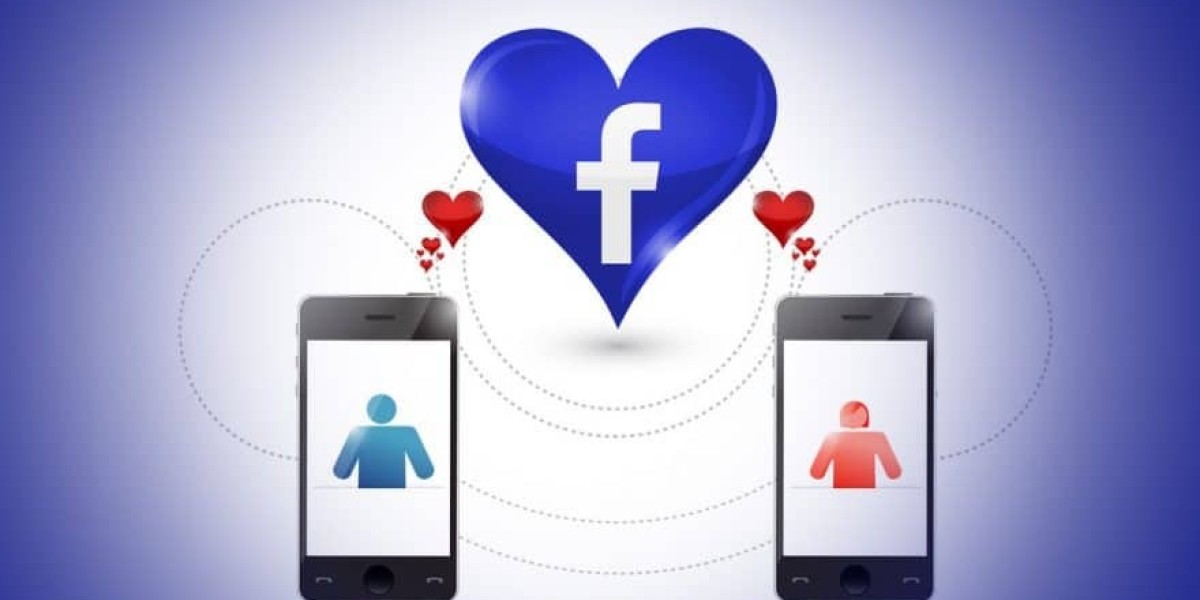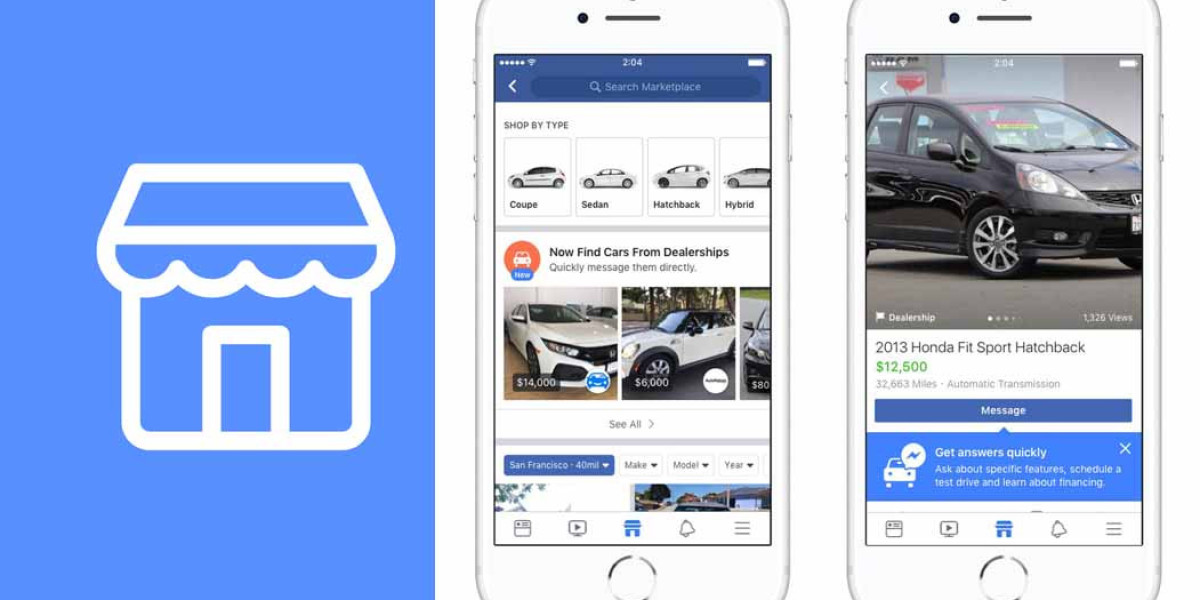Navigating the digital world of online dating, particularly on platforms like Facebook Dating, requires vigilance and an awareness of potential red flags and scams. As much as digital dating can open up new avenues for finding love and companionship, it also exposes users to the risk of deceit and exploitation by scammers. Identifying these red flags and understanding the nature of scams can significantly enhance your safety and overall experience on Facebook Dating. Here’s an in-depth look into spotting and avoiding these pitfalls.
Common Red Flags in Online Dating
1. Professing Love Too Quickly:
- Scammers often try to create a quick emotional bond, proclaiming love or deep affection shortly after initial contact. This tactic is designed to manipulate feelings to gain trust and eventually exploit it.
2. Vague or Incomplete Profiles:
- A profile that lacks detail, uses generic descriptions, or has only one or very few photos can indicate a fake account. Scammers may also avoid answering personal questions directly, providing vague responses instead.
3. Avoiding Video Calls or In-Person Meetings:
- If someone consistently comes up with excuses for not being able to meet in person or engage in video calls, it could suggest they are not who they claim to be. This tactic is used to maintain the deception of a fake identity.
4. Requesting Money or Financial Assistance:
- A definitive red flag is a request for money, regardless of the reasoning. Common scams involve asking for funds to cover emergencies, travel expenses to visit you, medical bills, or other financial hardships.
5. Moving Conversation off the Platform:
- Scammers prefer to take conversations off dating platforms to evade detection and moderation. They might quickly suggest moving to email, text messages, or other messaging platforms.
Recognizing Scam Tactics
1. Phishing Attempts:
- Be wary of messages asking you to share personal or financial information. Phishing scams aim to collect sensitive data for fraudulent purposes.
2. Fake Links and Malware:
- Scammers may send links that lead to external websites designed to steal your data or infect your device with malware. Always be cautious about clicking on links from unknown sources.
3. Blackmail and Extortion:
- Some scammers engage in deceitful practices where they may request intimate photos or information and then threaten to expose this unless you pay them or comply with their demands.
4. Impersonation:
- Be alert to individuals claiming to work for or be affiliated with Facebook Dating. Scammers often impersonate officials to create a false sense of authority and urgency.
Protecting Yourself on Facebook Dating
1. Use In-App Features for Privacy and Safety:
- Facebook Dating offers several features to protect your privacy, including the ability to block and report users. Familiarize yourself with these tools and don’t hesitate to use them if needed.
2. Keep Communications within the Platform:
- Maintain conversations within Facebook Dating until you are confident in the other person’s authenticity. This provides a layer of protection and ensures that conversations are subject to platform oversight.
3. Verify Profile Authenticity:
- Take steps to verify a profile’s authenticity, such as asking specific questions, requesting more photos, or suggesting a video call to ensure the person matches their profile.
4. Educate Yourself on Online Safety:
- Stay informed about common online scams and protective measures. Knowledge is a powerful tool in safeguarding against potential threats.
5. Trust Your Instincts:
- If something feels off about an interaction, trust your instincts. It’s better to err on the side of caution and potentially miss out on a connection than to become a victim of a scam.
By understanding and recognizing these red flags and scam tactics, you can more confidently navigate Facebook Dating and other online dating platforms. Protecting yourself involves a combination of vigilance, utilizing platform features designed for safety, and maintaining a healthy skepticism about too-good-to-be-true scenarios. Remember, genuine connections are built on trust and transparency, not pressure or deceit.
Navigating the world of online dating, including platforms like Facebook Dating, demands not just an open heart but also a vigilant mind. Scammers increasingly target individuals looking for love, exploiting their trust and hope for romantic connections. Recognizing the signs of a scammer and understanding the red flags of romance scams are crucial skills for anyone using these platforms. Furthermore, being aware of which dating sites might have higher instances of fake profiles can help users make informed choices about where to invest their time and emotional energy. Here's a detailed exploration of these concerns.
How Can You Tell a Scammer on Facebook Dating?
Rapid Escalation: Scammers often move quickly, expressing strong emotions or pushing for a serious relationship sooner than is realistic. This tactic aims to deepen the emotional connection, making their eventual ask (often financial) seem more plausible.
Profile Anomalies: Scammers' profiles may have inconsistencies or signs of fabrication. They might feature only one photo or use images that look professional or model-like. Their personal information might be vague, incomplete, or inconsistent over conversations.
Avoidance Behavior: A classic sign of a scammer is their reluctance to meet in person or via video calls, often citing various excuses. This is because they might not match their profile's appearance or are operating from a different location than claimed.
Financial Requests: Any request for money or financial information is a glaring red flag. Scammers might concoct stories about emergencies, medical issues, or travel expenses to solicit funds.
Off-Platform Communication: Scammers prefer to move conversations off the dating platform to evade detection. They might ask for your phone number, email, or suggest moving to another messaging app early in the conversation.
How Do You Tell if You're Talking to a Scammer on a Dating App?
Pattern Recognition: Similar to Facebook Dating, scammers on other dating apps exhibit patterns like rapid romantic progression, vague profiles, and avoidance of live interactions. Recognizing these patterns across platforms can help identify potential scammers.
Link Sharing: Be cautious if someone you've just met online sends you links to visit. Scammers use this technique to phish for personal information or to distribute malware.
Language and Grammar: Pay attention to the language used in messages. Scammers often use poor grammar, spelling errors, or phrases that seem out of context, possibly indicating they’re using translation tools.
What Are the Red Flags for Romance Scams?
Manipulation Tactics: Scammers manipulate emotions, often creating scenarios that seem desperate or urgent to compel their victims to act quickly without thinking.
Isolation Attempts: They may attempt to isolate you from friends or family, criticizing those who express skepticism about the relationship. This isolation makes their targets more vulnerable to manipulation.
Changing Communication Channels: Besides moving off the platform, scammers might also frequently change their contact details, citing issues with their previous accounts. This helps them avoid detection.
Which Dating Sites Have the Most Fake Profiles?
While it’s challenging to pinpoint specific sites with the most fake profiles due to varying security measures and the dynamic nature of online platforms, certain trends can be noted:
Free vs. Paid Platforms: Generally, free dating sites and apps have a higher occurrence of fake profiles and scams compared to paid services, which have barriers to entry and often more robust verification processes.
Niche Sites: Some niche dating sites may be targeted by scammers looking to exploit specific communities or interests.
New Platforms: Emerging dating apps or sites might initially attract scammers looking to take advantage of the platform's growing pains and security vulnerabilities.
User Vigilance: Regardless of the platform, user vigilance is key. Familiarize yourself with the signs of fake profiles and scams, and always approach new connections with a degree of caution.
In essence, staying safe on dating platforms like Facebook Dating and others involves being educated about the signs of scammers, understanding the tactics they use, and knowing how to protect oneself from potential harm. By being vigilant and cautious, individuals can navigate these digital spaces more securely, preserving the potential for genuine connections and romance.



